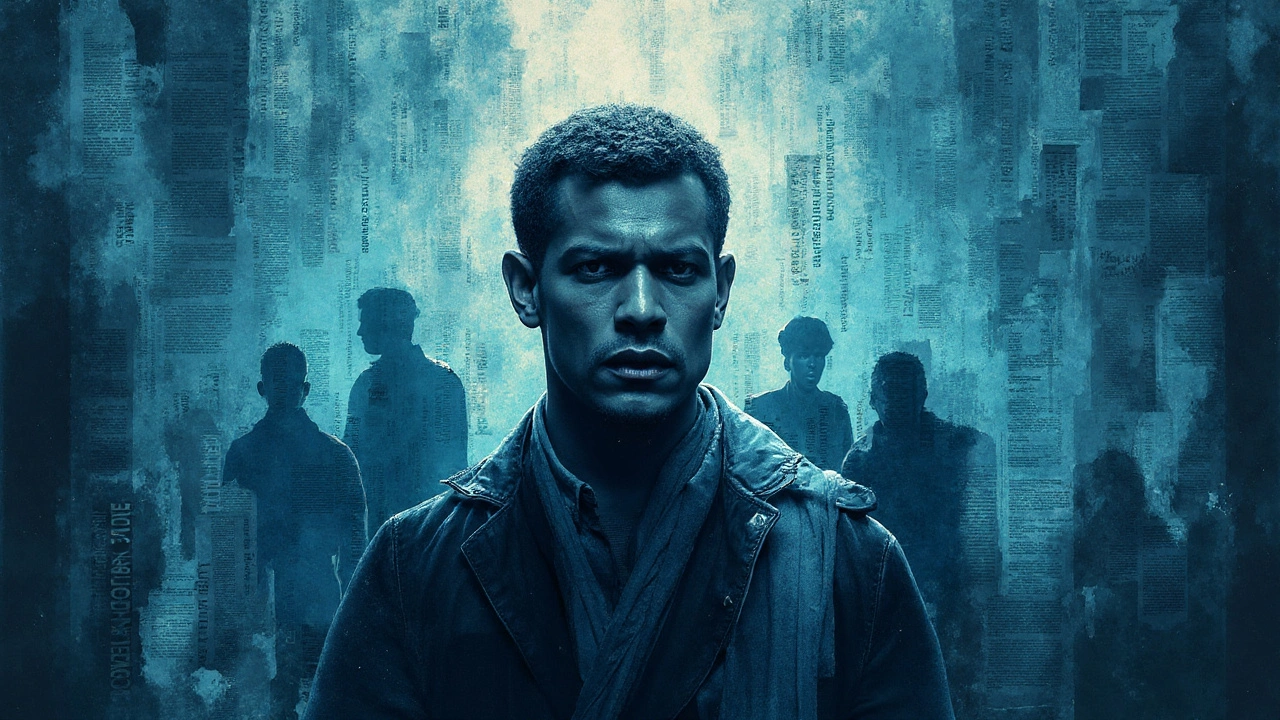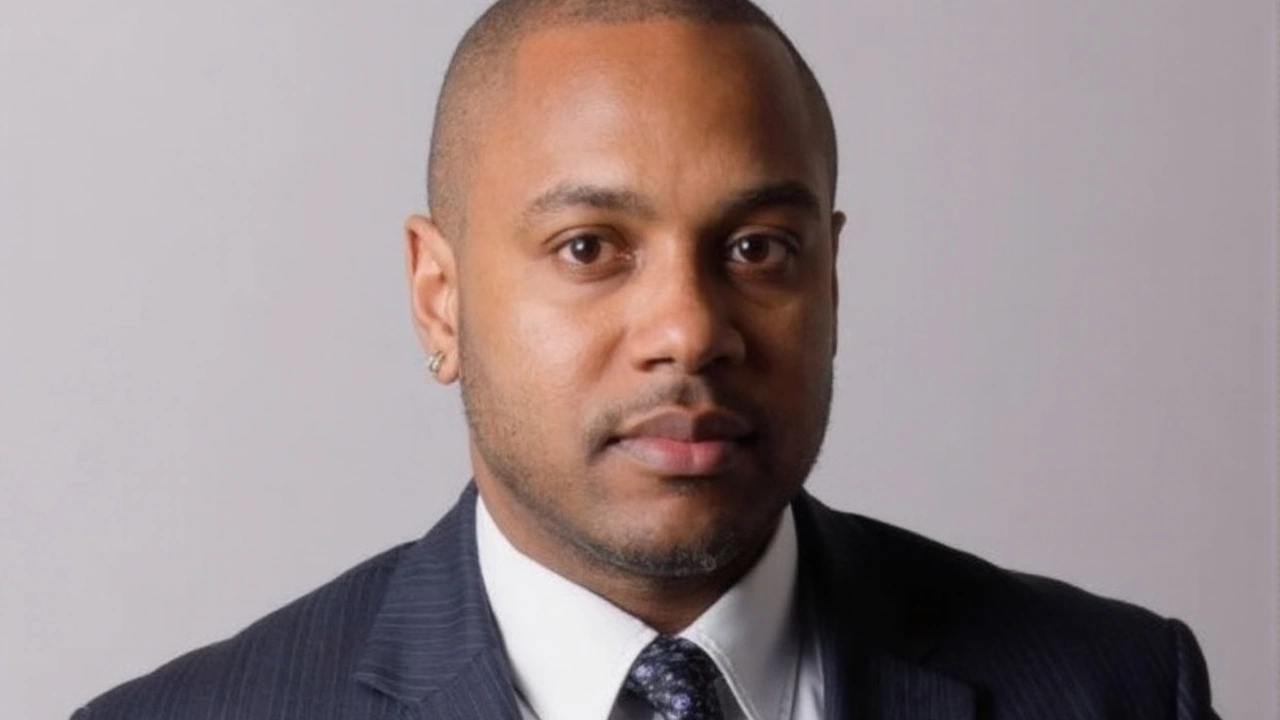On August 22, 2025, a London court handed down a verdict that ended Noel Clarke's four‑year legal battle with The Guardian. After a six‑week trial that stretched from early March to mid‑April, the judge dismissed the actor’s libel claim in full, citing a successful public‑interest defence by the newspaper.
Background to the lawsuit
The dispute began when The Guardian published a series of investigative pieces that accused Clarke of a pattern of groping, harassment and bullying. The first and most widely cited article, titled “'Sexual predator': actor Noel Clarke accused of groping, harassment and bullying by 20 women,” appeared online on April 29, 2021. Over the following years, seven additional stories were released, each building on the original allegations and drawing on testimonies from women who said they had worked with Clarke on film sets and stage productions.
Feeling that his reputation had been irreparably damaged, Clarke sued Guardian News and Media for libel, claiming that the articles were false, malicious and caused serious harm to his career. He sought both a public apology and substantial damages.

The legal battle and the court’s reasoning
The case hinged on two statutory defences under the Defamation Act 2013: the defence of truth (section 2) and the public‑interest defence (section 4). To rely on the latter, The Guardian needed to demonstrate three things: the matter was of public interest, its editors honestly believed publishing it served that interest, and that belief was reasonable.
During the trial, the newspaper conceded that the first article met the serious‑harm threshold required by section 1 of the Act – the piece had indeed caused, or was likely to cause, significant damage to Clarke’s standing. The remaining seven articles, however, sparked debate about whether they also crossed that threshold.
The Guardian’s legal team focused most of its argument on the first article, presenting evidence that the story was based on multiple independent accounts, corroborated by contemporaneous emails and messages. They also highlighted that Clarke had been offered multiple opportunities to respond before publication, an offer he declined.
- Witnesses for The Guardian included journalists who explained the editorial process and the steps taken to verify claims.
- Clarke’s own witnesses attempted to cast doubt on the credibility of the accusers and argued that the newspaper had acted with a bias against him.
After hearing testimony from Clarke and eight of his witnesses, the judge concluded that the newspaper’s belief in the public relevance of the story was both honest and reasonable. Factors influencing this view included the broader cultural conversation about abuse in the entertainment industry, the volume of allegations, and the fact that the media outlet had adhered to its own standards for verification.
Because the public‑interest defence was established, the court did not need to assess the truth defence in detail; proving either one would have been sufficient to defeat the claim. Consequently, Clarke’s libel action was dismissed in its entirety, and he walked away without any monetary award.The ruling underscores the high bar set by UK defamation law for public figures seeking redress. It also clarifies how newspapers can navigate the fine line between investigative reporting and defamation, especially when the issues at stake touch on widespread public concerns.
